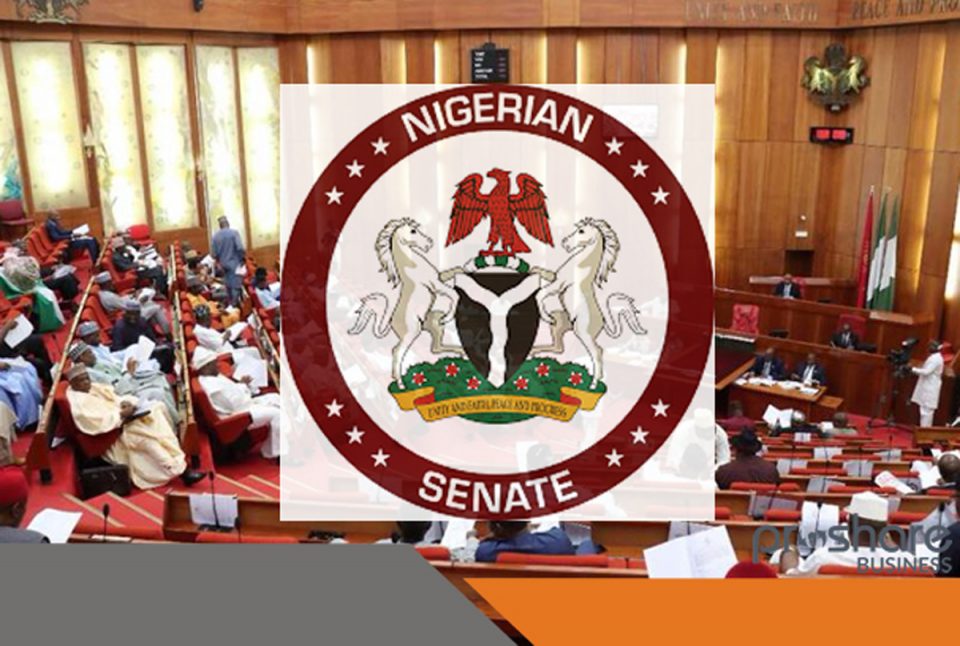The Senate on Wednesday called for a national legal framework to check illegal mining in the country.
This followed a motion at plenary by Sen.Ya’u Sahabi (APC -Zamfara) on the need to check illegal mining in the country.
The motion was also sponsored by 32 other senators.
Sahabi,in his presentation,said illegal mining have continued to increase across the country,especially in Niger,Plateau, Zamfara, Enugu, Ebonyi,and Imo states.
He said that illegal mining sites, which aides criminality, were also exacerbating into full scale terrorism and insurgency witnessed in the states,especially Zamfara.
He said that media reports had indicated that over two million people depended on illegal mining for livelihood.
According to him, illegal mining accounts for over 80 per cent of mining in Nigeria without any revenue accruals to government.
He said that the solid minerals sector’s contributions to the Gross Domestic Products( GDP) in Nigeria has dwindled over time.
He said Nigeria get less from the sector while other African countries enjoyed significant contributions from the sector to their GDP.
“For example, the sector contributes 40 per cent to GDP of Botswana, Congo while South Africa is about 25 and 18 per cent,” he said.
He expressed concern that the occupational,health and environmental impact of illegal mining on the country was incalculable.
This,he said was witnessed in the tragic lead poisoning that claimed lives in Zamfara recently.
Contributing, some senators lend their support on the need to mitigate illegal mining in the country.
The senate in a voice vote urged the Federal Government to further clean up the affected areas of the lead poisoning in Zamfara.
It also called for rehabilitation of the victims of the after effect of the lead poisoning and environmental degradation in Zamfara.
After plenary, President of the Senate, Dr Ahmad Lawan declared open the joint public hearing of the Senate and House of Representative Finance Committees on Medium Term Expenditure Framework ( MTEF) and Fiscal Strategy Paper (FSP).
The public hearing had in attendance, heads of revenue generating and other departments in the country.
The agencies are the Ministry of Finance,Federal Inland Revenue Services,(FIRS),Nigeria Customs Service, Federal Radio Corporation (FRCN) among others.
The public hearing was designed to avail the National Assembly more understanding of revenue generations Ministries, Departments and Agencies (MDAs).
Lawan said that the public hearing was essential to the assembly’s deliberation on the Nigeria’s fiscal plans.
He said that the finance committees of both chambers had swung into action by working on the MTEF and FSP in line with the Fiscal Responsibility Act 2007.
He said the senate would begin deliberations on the 2020 budget proposal when it is presented to the National Assembly by President Muhammadu Buhari.
Lawan said that the essence of the public hearing on MTEF and FSP was to avoid possible irregularities on the budget.
He said that the ultimate goal of the assembly was to eradicate leakages for proper management of the nation’s resources.
According to him,when resources are managed, it will enable government improve the standard of living of Nigerians.
Lawan said the national assembly was also concerned about reducing deficit to channel resources toward needed development and critical infrastructure.
He said that part of the legislative agenda of the senate was to improve management of the economy,adding that the task before it was to add value to fiscal policies.




